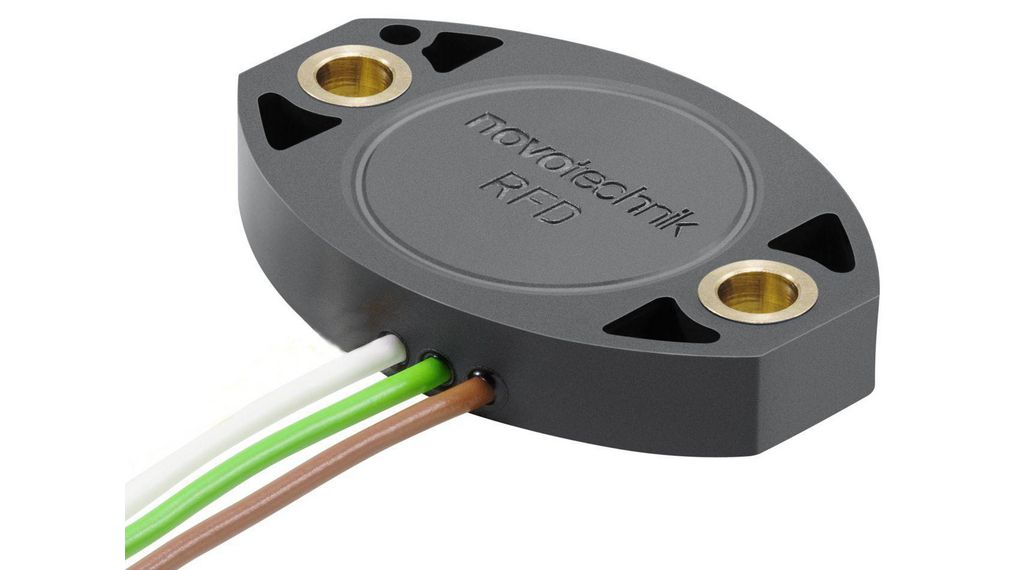In a world that focuses on technological advancements and industrial progress, there’s a fundamental, yet often overlooked, foundation that quietly supports all life on Earth—the soil beneath our feet.
World Soil Day, celebrated every December 5th, serves as an important reminder of the critical role that soil plays in sustaining our planet. Beyond its function as a habitat for plant growth, soil is one of the planet’s most important natural resources and a complex living ecosystem that connects with climate, biodiversity, and agriculture. Therefore, now more than ever, we need to understand and value the health of our soil as we are facing both environmental concerns and the need for sustainable solutions.
The Role of Soil in Our Ecosystem
Soil is a combination of mineral and organic materials that contains microorganisms, air and water. It is one of the main support systems for life, contributing to the cycling of carbon and other elements across the global ecosystem, acting as a reservoir for water and nutrients, and filtering and breaking down harmful waste.
According to Horizon, EU and Innovation Magazine, approximately 25% of all living organisms on Earth are found in the soil, which also supports 25% of the planet’s biodiversity. Hence, soil is one of the most important ecosystems on the planet and is crucial to the survival of all living organisms.
“If we want to transition to a greener, healthier and more climate resilient Europe, it is important to ensure our soils are in good condition. However, the quality of soils is worsening because of unsustainable management practices, depletion of resources, climate change and pollution.“
Jerry Stamatelos, “On course for healthier, more sustainable soil”, Horizon, the EU Research and Innovation Magazine, 23 September 2021.
Soil is used to produce food, fuel and fibre, and is a vital part of the water cycle. Many industries rely on the quality of soil to grow and produce their products. Have a look below at some of the most common uses of soil.
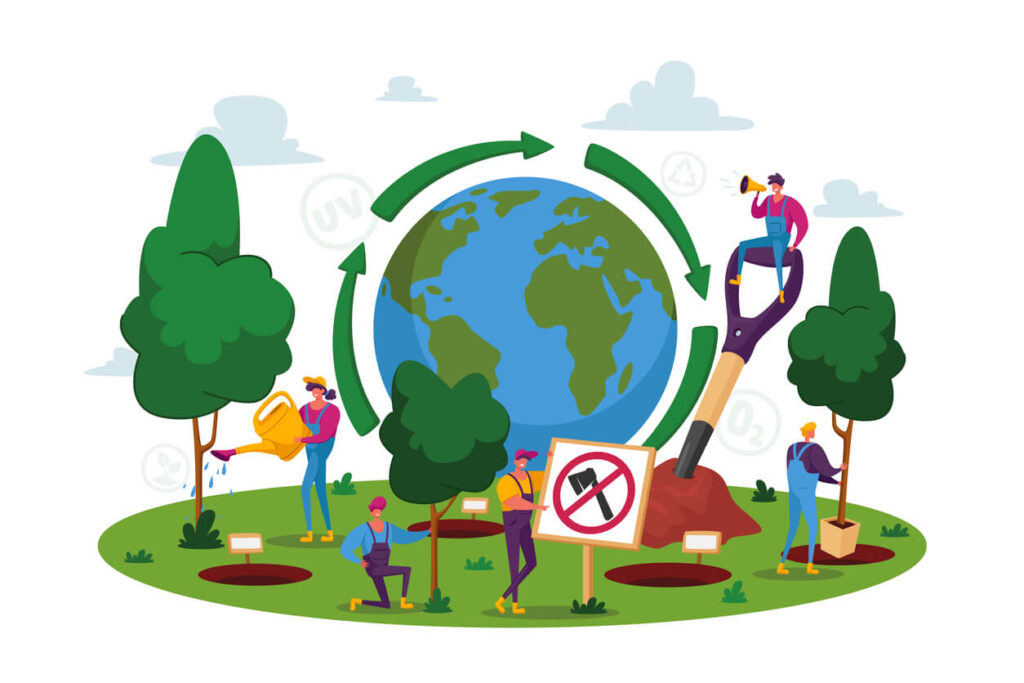
Soil as a Living Ecosystem
As a living ecosystem, soil aids in the cycling of nutrients, water filtering, carbon storage, support for biodiversity, plant development, prevention of erosion, and water storage. These processes are necessary for the sustainability of ecosystems, the general well-being of our planet, and the welfare of both natural and man-made surroundings.
Have a closer look at where soil plays a number of vital roles:
- Nutrient recycling – microorganisms recycle vital nutrients for plant growth by breaking down organic materials.
- Water purification – soil protects freshwater resources by filtering and purifying water.
- Carbon storage – carbon is stored in healthy soils, which slows down global warming.
- Water reservoir – soil serves as a reservoir for water, reducing the frequency of floods and maintaining ecosystems.
- Biodiversity home – many species found in soil are essential to the health of the soil and the balance of ecosystems.
- Plant support – soil supplies water, nutrients, and structural support for the growth of plants.
- Erosion prevention – by securing plants, it minimises erosion.
It is essential for the survival of our planet and the welfare of all its people to acknowledge and protect soil as a living ecosystem.
Soil’s Role in Agriculture
Soil has an essential and multifaceted function in agriculture as agriculture is built on the foundation of the soil. The soil water that plants need to absorb nutrients is what keeps our ecosystems together. Our agricultural systems’ cornerstone is this symbiotic interdependence. It holds water, giving crops steady hydration, and gives plant roots structural support. The biological activity of the soil helps with nutrient cycling and pest management, while aeration and temperature regulation are essential for the health of the roots.
Moreover, soil maintains pH levels, avoiding abrupt shifts that can hinder plant growth. Soil cover conserves fertile topsoil in agriculture by reducing erosion. Farmers can select crops that are appropriate for their soil by taking into account the impact of soil type on root growth. The many functions of soil are critical to both sustainable agriculture and productive cropping. Find out more about sustainable agriculture in this article.
The Importance of Soil Conservation
When it comes to environmental sustainability, soil conservation is crucial. It is essential to preserve the delicate ecological balance of the world. It is also an integral part of sustainable agriculture as it maintains the health and vitality of soils, thereby guaranteeing a steady supply of food to feed the world’s expanding population. Soil and water are the primary sources of life, providing over 95% of our food. Nothing highlights the importance of soil more than realising that our survival depends on it.
In addition, soil conservation stops soil erosion and deterioration, which can cause land to become desertified and lose its productive topsoil. As a result, preserved soils function as natural filters that clean water as it seeps through the earth, improving water quality.
Environmental Sustainability
The maintenance of soil health over time and its role in sustainability depend heavily on soil conservation measures. By storing carbon dioxide in healthy soils, soil conservation also helps to mitigate the effects of climate change. By preserving a variety of microbial communities and offering habitats for different species, it promotes biodiversity. To put it simply, soil conservation is essential to maintaining ecosystems, safeguarding food supplies, and lessening the effects of climate change on present and future generations.
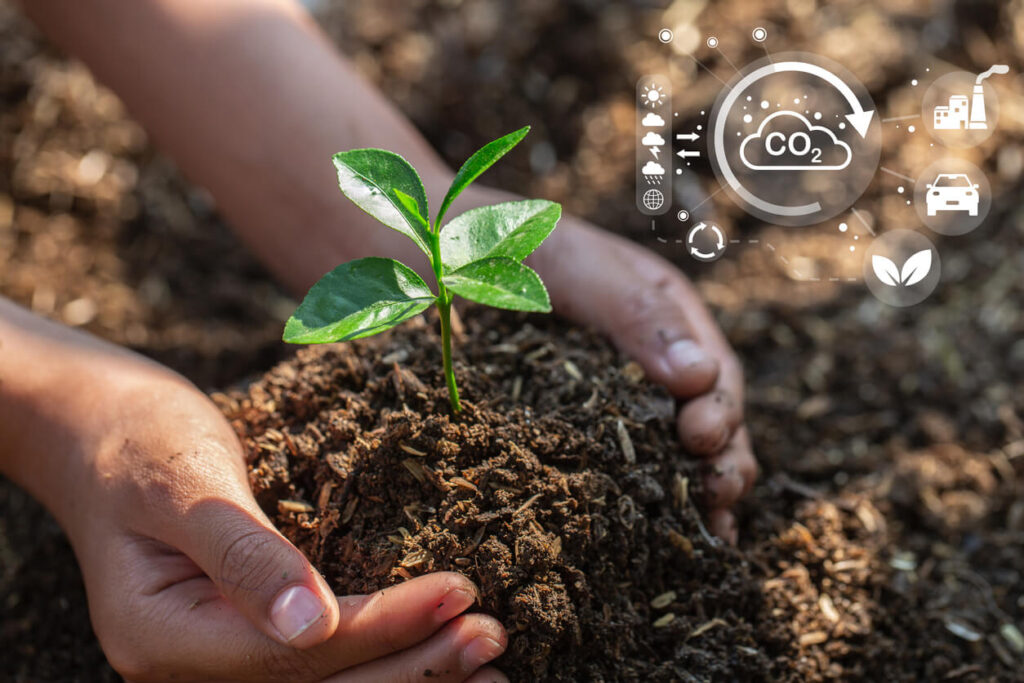
Conclusion
Soil plays a crucial role in our world. It’s required to maintain a balanced and resilient ecosystem, providing vital nutrients and habitats for life, filtering water, acting as a natural carbon sink, and supporting food production. Soil supports biodiversity, stores carbon, purifies water, and facilitates sustainable agriculture, making it essential to achieve sustainability targets. With its significance in people’s lives there is the urgent need to give its health top priority for the future of our planet.
Distrelec, as leading European electronics distributor, provides technological solutions to monitor and manage soil health, track environmental data, and works with brands that contribute to smart agriculture. Have a look at the recommended products below.
Recommended products
SenseCap Sensors, Seeed Studio
Leading IoT hardware supplier Seeed Studio has played a key role in creating a variety of sensor modules and connectivity options intended especially for the agricultural industry. Their products help farmers make better decisions and optimise their use of resources by enabling them to gather data in real-time on critical parameters such as temperature and soil moisture.
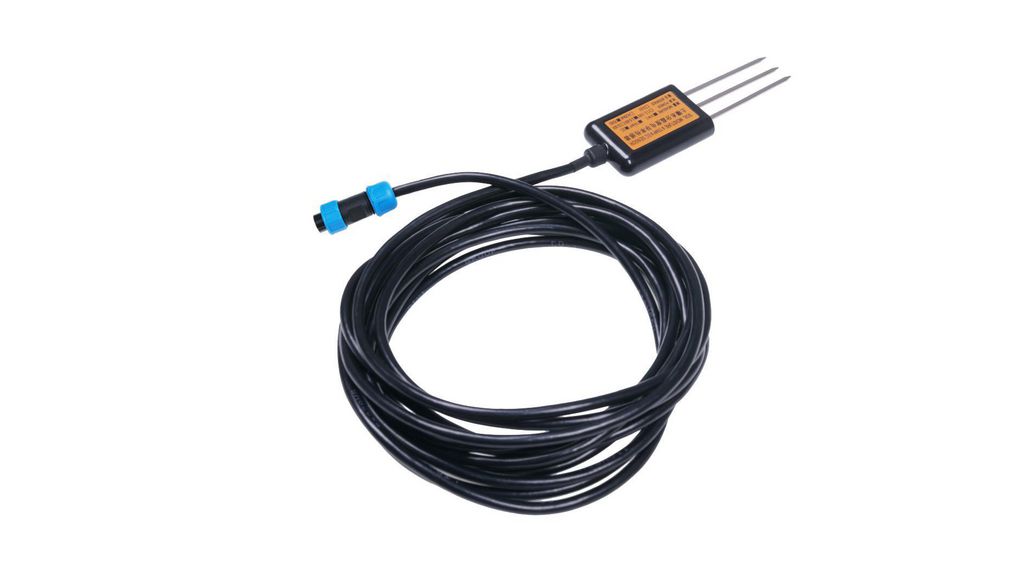
Photoelectric and Capacitive Sensors, Carlo Gavazzi
Especially for the agricultural industry, Carlo Gavazzi has developed control systems and monitoring tools. Its feeding system sensors range from capacitive sensors that track seed and grain levels and the refilling process to photoelectric sensors that guarantee optimal performance and durability in these challenging conditions.
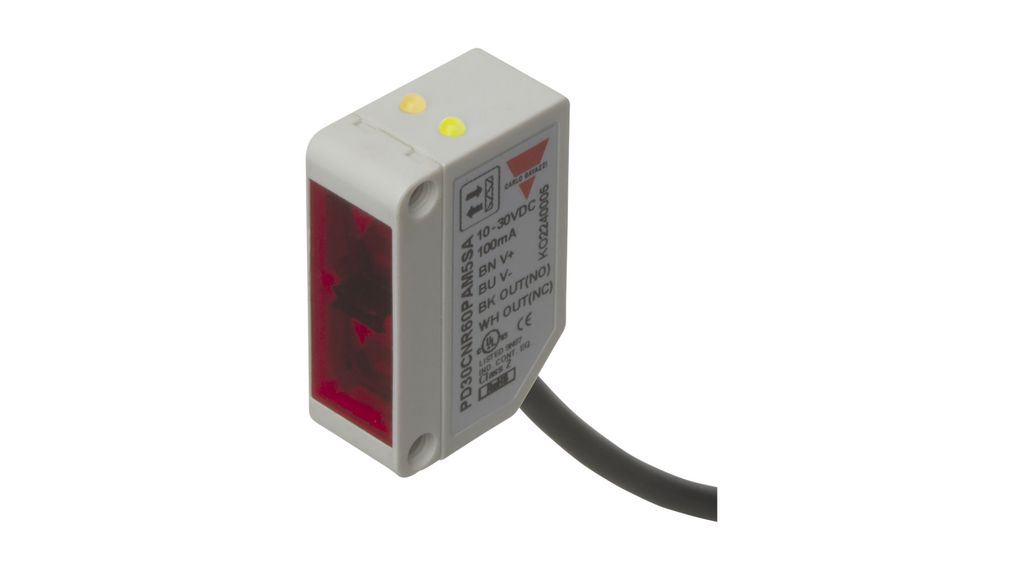
I/O Modules, Brainboxes
As an IoT expert, Brainboxes offers robust and dependable connectivity options that enable smooth data transfer between agricultural IoT devices. With the continuous data flow that their solutions ensure, farmers can manage their farms more profitably by receiving accurate and timely information.

Angular Position Sensors, Novotechnik
With its high-precision sensors for measuring several parameters including distance, angle, and position, Novotechnik, a pioneer in sensor technology, has advanced precision farming. For instance, the RFD 4000 touchless sensors are intended for use in tool creation, pedals, steering, and machine and plant construction.
